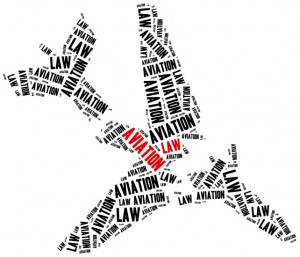 One of the most prominent changes to come out of the most recent recession is the concept of a ‘sharing economy,’ in which people rent assets like cars, boats, homes, and other items directly from one other and coordinate that transaction over the Internet. Internet technology has infinitely reduced transaction costs and made sharing assets easier and less expensive than ever. New websites such as Airbnb, RelayRides, and SnapGoods match asset owners with potential renters, while smartphones and GPS allow individuals to access those assets. Online payments systems handle invoicing and payment in seconds.
One of the most prominent changes to come out of the most recent recession is the concept of a ‘sharing economy,’ in which people rent assets like cars, boats, homes, and other items directly from one other and coordinate that transaction over the Internet. Internet technology has infinitely reduced transaction costs and made sharing assets easier and less expensive than ever. New websites such as Airbnb, RelayRides, and SnapGoods match asset owners with potential renters, while smartphones and GPS allow individuals to access those assets. Online payments systems handle invoicing and payment in seconds.
Sharing the ride
This exemplifies the sharing economy, and it’s now taking established industries by surprise. Cab alternative Uber has brought the taxi industry to its knees, leaving an array of controversy in its wake. Uber made headlines for challenging policies that apply to traditional taxis, such as taxation and insurance; both of which are being skirted — for now.
Ride sharing in the aviation industry, however, hit a hard stop when it ran into the Federal Aviation Administration (FAA). The FAA issued a ruling in response to inquiries from ride-share startups like AirPooler and Flytenow. They asked the FAA for clarification on rules regulating their proposed operations: The ability for pilots to post trips they plan and to offer seats to potential passengers who are willing to share the costs. The fares vary and are set based on plane type, trip length, and other factors.
The FAA responded, “… you maintain that the AirPooler service is not a commercial operation and does not involve common carriage because there is no compensation of pilots. We disagree.” In other words, because participating pilots would receive compensation for operating an air service, the FAA determined that ride-share pilots must obtain a carrier license. Such a license is costly and difficult to obtain, creating a barrier to the market.
There has been much discussion about the FAA’s decision. Many critics note the decision was based on legislation enacted in 1964, which includes an exception for pilots to receive compensation without the commercial license requirement.
What is at stake for pilots and jet owners? Savings, savings, savings. The cost of aviation operation has doubled or tripled over the past 20 years; the opportunity to share those costs with potential passengers is extremely attractive.
The FAA has a tall order to fill: adapting to a new economy while adhering to legislation and maintaining uniform safety standards. In any case, the allure of ride sharing will keep pilots and passengers on the lookout for more cost-effective and mutually beneficial options for flight. And they will continue to watch the FAA as they grapple with these new challenges and opportunities moving forward.
Contact L & L International if you need assistance in purchasing or selling a private jet.
You can reach our sales specialists today at sales@L-Lint.com, call us any time at +1.305.754.3313, or visit us online.